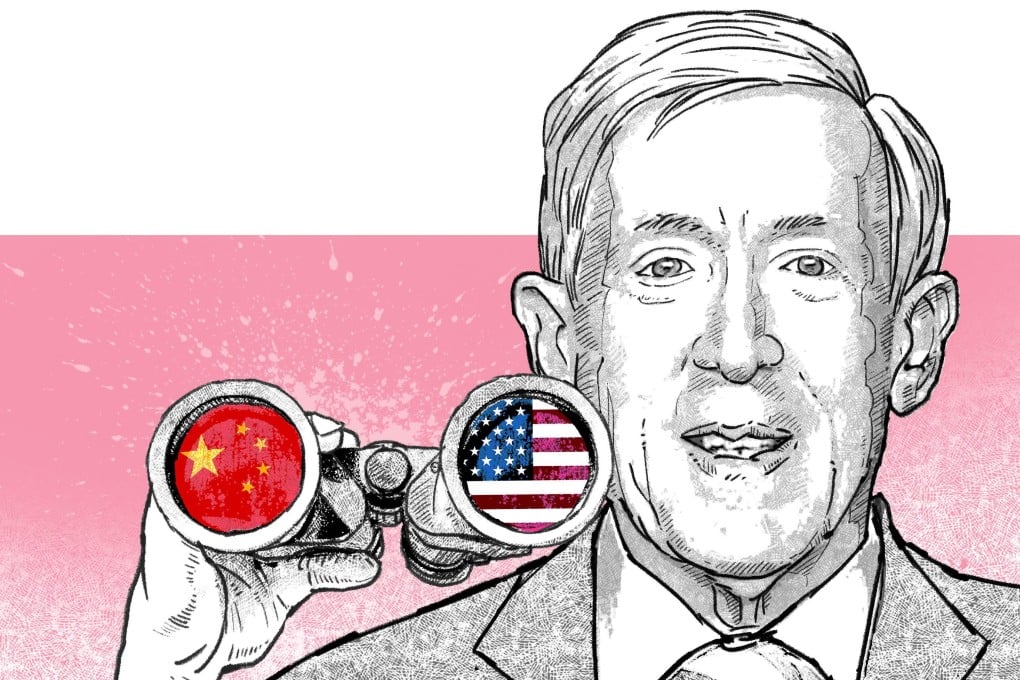Open Questions | Kissinger acolyte Robert Hormats on how China, US can narrow their ‘trust gap’
Veteran diplomat and economist untangles twists and turns of a full China-US decoupling, says differences should be managed carefully

Robert Hormats began his career at the US National Security Council in 1969, where he served as senior adviser to Henry Kissinger for economic affairs and played a major role in the re-establishment of relations with China during the early 1970s. In 1982, Hormats joined Goldman Sachs, where he worked for 25 years and eventually became vice-chairman.
In 2009, Hormats was appointed Undersecretary of State for Economic and Energy Affairs by Hillary Clinton, where he engaged in high-level bilateral negotiations with numerous countries, including many with senior Chinese officials. Hormats became vice-chairman of Kissinger Associates in 2013, and currently lectures at Yale University’s School of Management.
It is very hard to predict what Trump will do on any particular set of issues, this being one of them. But it is worth noting there are a number of bills in the Congress also aimed at repealing PNTR and we do not know what is going to happen with those either.
Rather, my guess is Congress is going to legislate something. The question is, what? If it does eliminate PNTR, or if Trump does, it will mean that the US will revert to those tariffs we had on China before the 1990s for all goods.
In other words, for several decades in the middle and later part of the 20th century we had higher tariffs on China than the great majority of other countries. Those were changed dramatically, and tariffs were sharply lowered when PNTR was provided. So if PNTR is repealed, the US would go back to the terms that we had before.